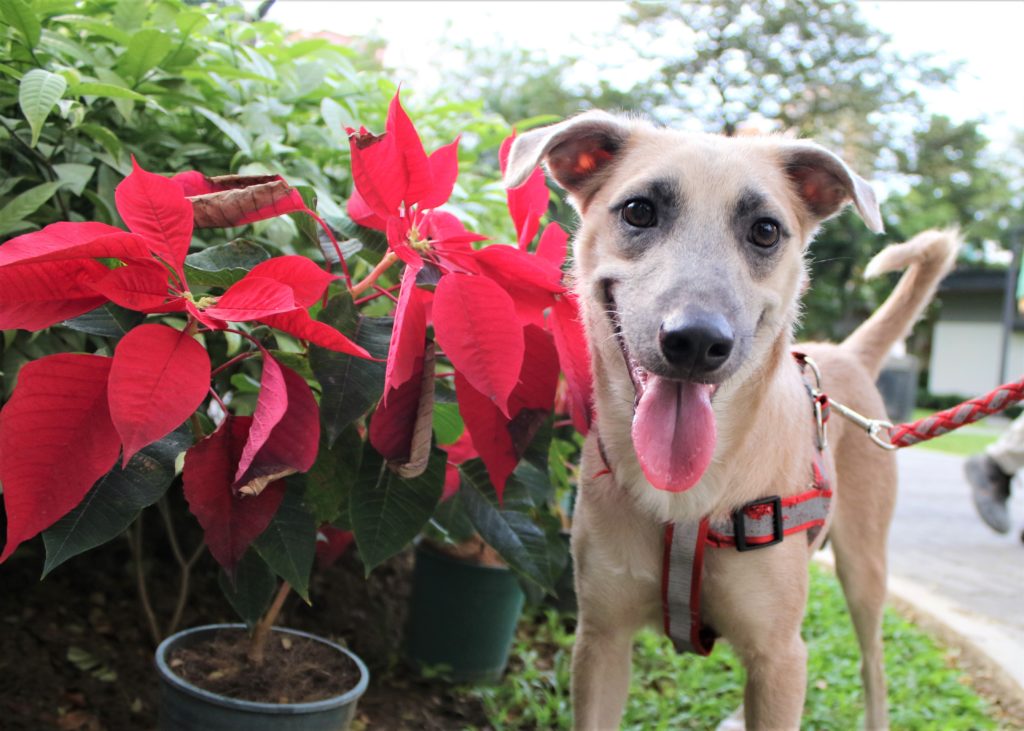Article by Jason Baker
It’s the Year of the Dog, and there’s no better way to celebrate than by bringing a new canine friend into your life (if you have the time and money to do so, of course).
But buyer beware: Most puppies (and kittens) sold in pet stores and markets like Cartimar and Divisoria come from breeders who neglect and abuse them and their mothers. Breeders usually don’t provide dogs with proper veterinary care or adequate food and exercise, and the animals are shown little to no affection.
Female dogs are generally bred twice a year and abandoned or sold when they’re no longer able to produce puppies. Both the puppies and their mothers routinely suffer from malnutrition and exposure to the elements. Many get pneumonia, parvovirus, kennel cough, mange, ringworm, or other ailments. The solution to the problem is easy: adopt instead of buying!
Unlike breeders and pet stores, shelters and rescue groups prioritize the animals’ best interests—not profits. Dogs and cats available for adoption have had their health checked, and they’ve usually been vaccinated and spayed or neutered (kapon/ligation), too. Mixed-breed dogs and cats, or aspins and puspins, are generally healthier than their purebred counterparts and often outlive them. Pedigree animals are susceptible to medical problems that arise from inbreeding or breeding for a specific trait (like a flat face)—for example, many purebred dogs are prone to hip dysplasia, heart defects, respiratory problems, epilepsy, eye and ear infections, or disc problems in their back.
Aspins have the same best-friend potential that all dogs do. They’re loving and loyal, and many people who adopt dogs say that rescued animals are extremely dedicated to their guardians, as though they recognize that they were saved from a terrible fate. My pal Buster is just one example. He was found lost and confused, wandering the streets of Makati, emaciated and suffering from an upper respiratory infection. He has since recovered, gained some weight, and been vaccinated and neutered. He loves walks and playing with other dogs and is an avid fan of “fetch.” Buster is at the PETA office along with other adoptable animals, waiting for a loving home—could it be yours?
People who breed animals for profit—or individuals who let their dog or cat have “just one litter”—are also contributing to the severe overpopulation crisis. It is simply irresponsible for anyone to breed animals when there are already thousands of homeless dogs and cats languishing in the streets and city pounds across the country. Every additional puppy or kitten born means one less home for an animal in a shelter or roaming the streets. Homeless animals suffer from abuse, starvation, and disease and are often victims of traffic accidents.
If you’ve been thinking about adding an animal companion to your family—and you have enough time and money to care for one—please adopt from a local shelter or rescue group. In recognition of the Year of the Dog, pledge never to buy animals from pet stores or breeders.
Jason Baker is vice president of international campaigns for People for the Ethical Treatment of Animals (PETA) Asia. To get involved with PETA’s work in the Philippines or if you are interested in adopting Buster or another animal, visit PETAAsia.com or e-mail Info@PETAAsiaPacific.com






